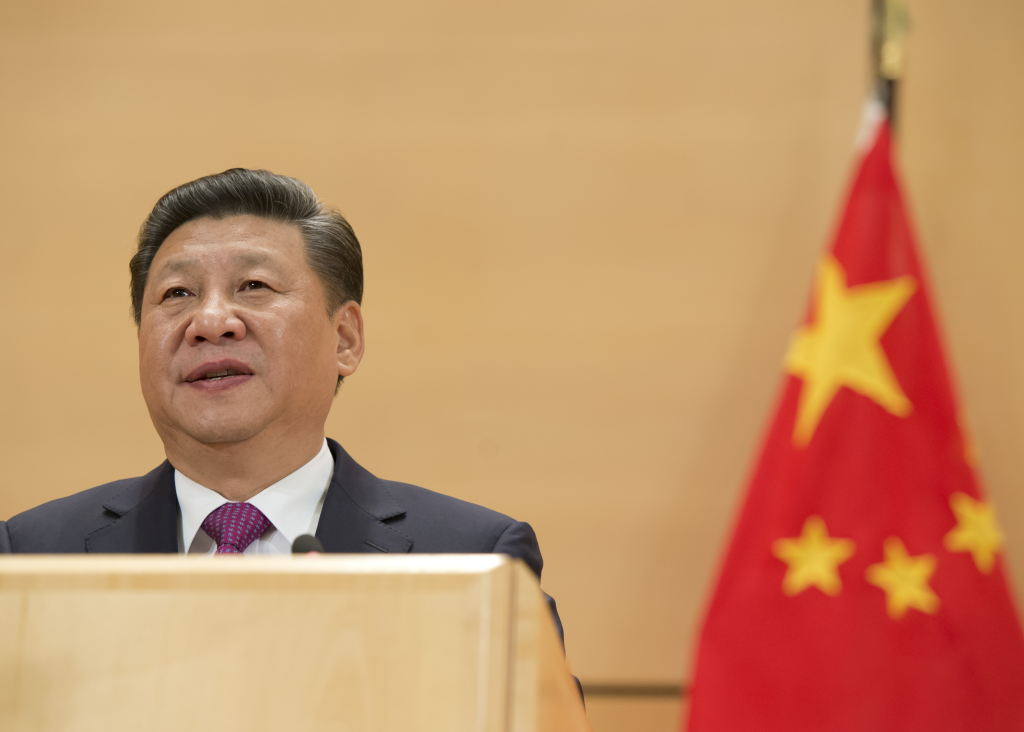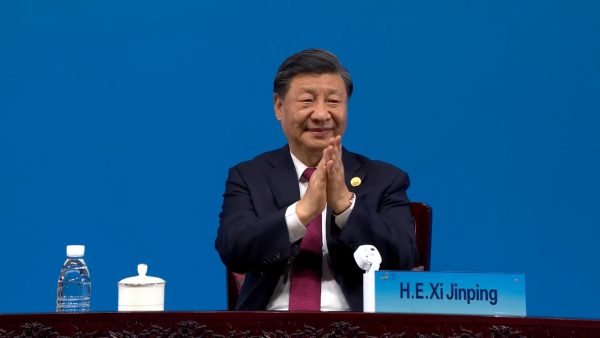





Recent analysis by Miles Maochun Yu sheds light on the Chinese Communist Party's (CCP) adeptness at strategic deception, a skill that has historical roots in both Warring States-era realpolitik and Marxist dialectical thinking. Dr. Henry Kissinger has previously noted Mao Zedong's talent for misdirecting opponents, a trait that continues to characterize the CCP's approach to international relations today. The Warring States philosophy emphasizes pragmatism and deception, while Marxism focuses on manipulating contradictions, creating a unique blend that informs the CCP's policies.
The CCP's concept of 'socialism with Chinese characteristics' exemplifies this strategic duplicity, merging market practices with socialist rhetoric to maintain economic growth while asserting ideological control. This duality allows the CCP to engage with Western economies while simultaneously aligning with nations like Russia, showcasing a complex web of international relations that often appears contradictory. Domestically, the party enforces strict ideological loyalty but remains responsive to internal pressures, adapting its strategies as necessary to maintain stability and control.
The issue of Taiwan serves as a prime example of the CCP's strategic patience and gradual military buildup, reflecting a long-term vision that prioritizes national interests over immediate confrontation. This synthesis of historical traditions enables the CCP to navigate contradictions effectively, advancing its objectives on both domestic and international fronts. As the CCP continues to evolve, understanding these underlying strategies becomes crucial for comprehending its actions and intentions in the global arena. [9ea592ed] [686c172c] [54fdaab3] [7d6b5263] [e807ed82] [bcf12c67]